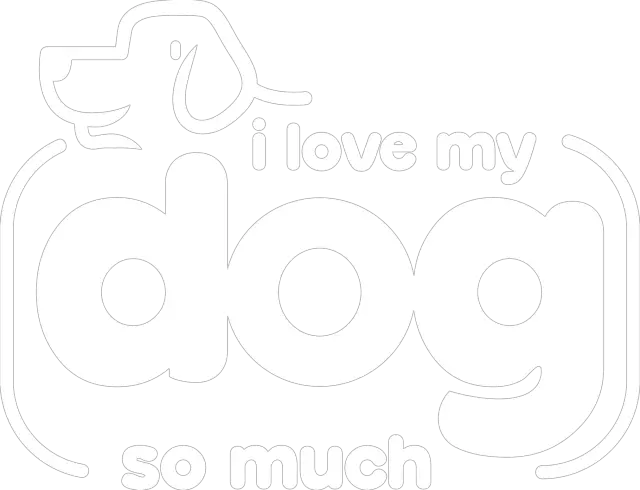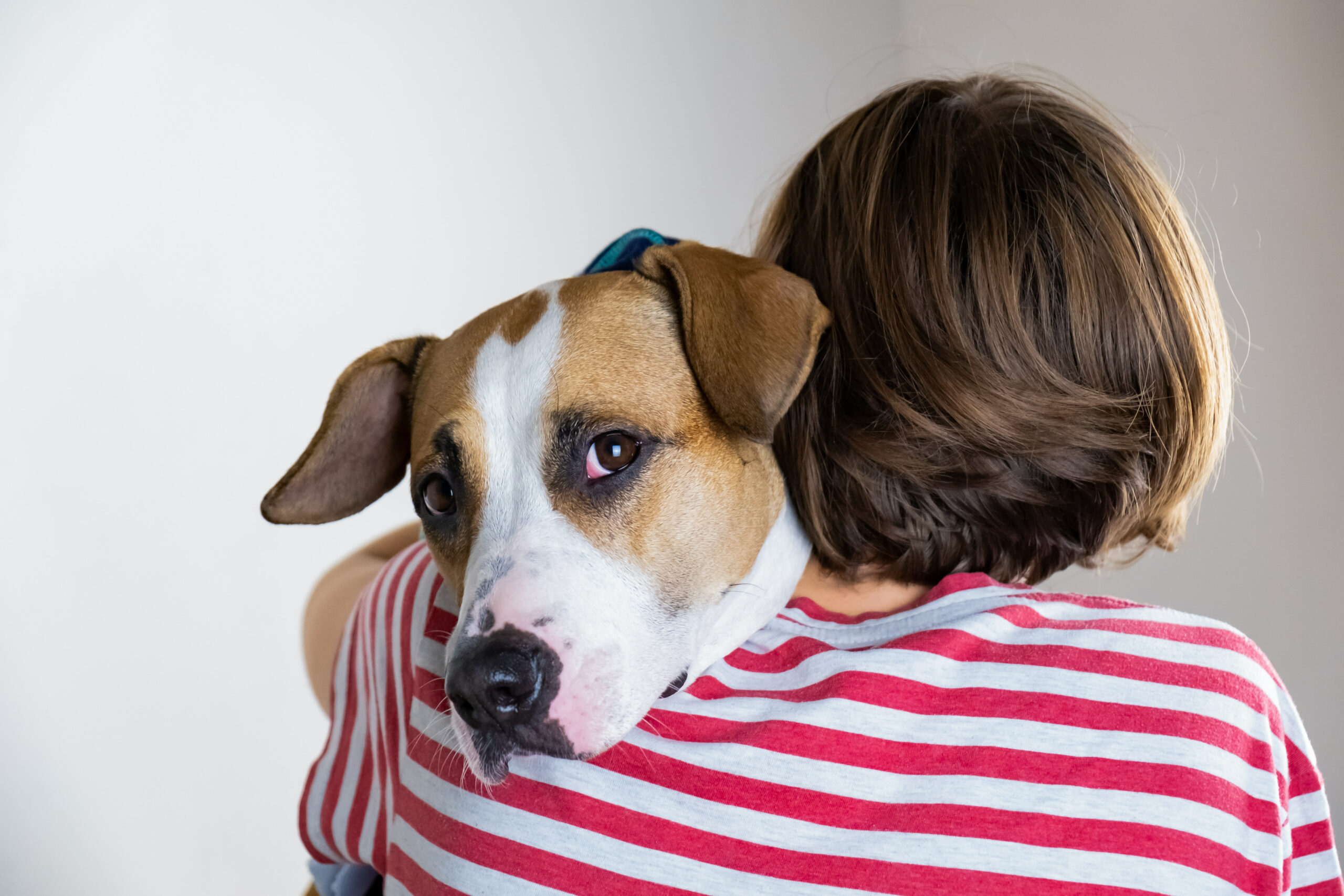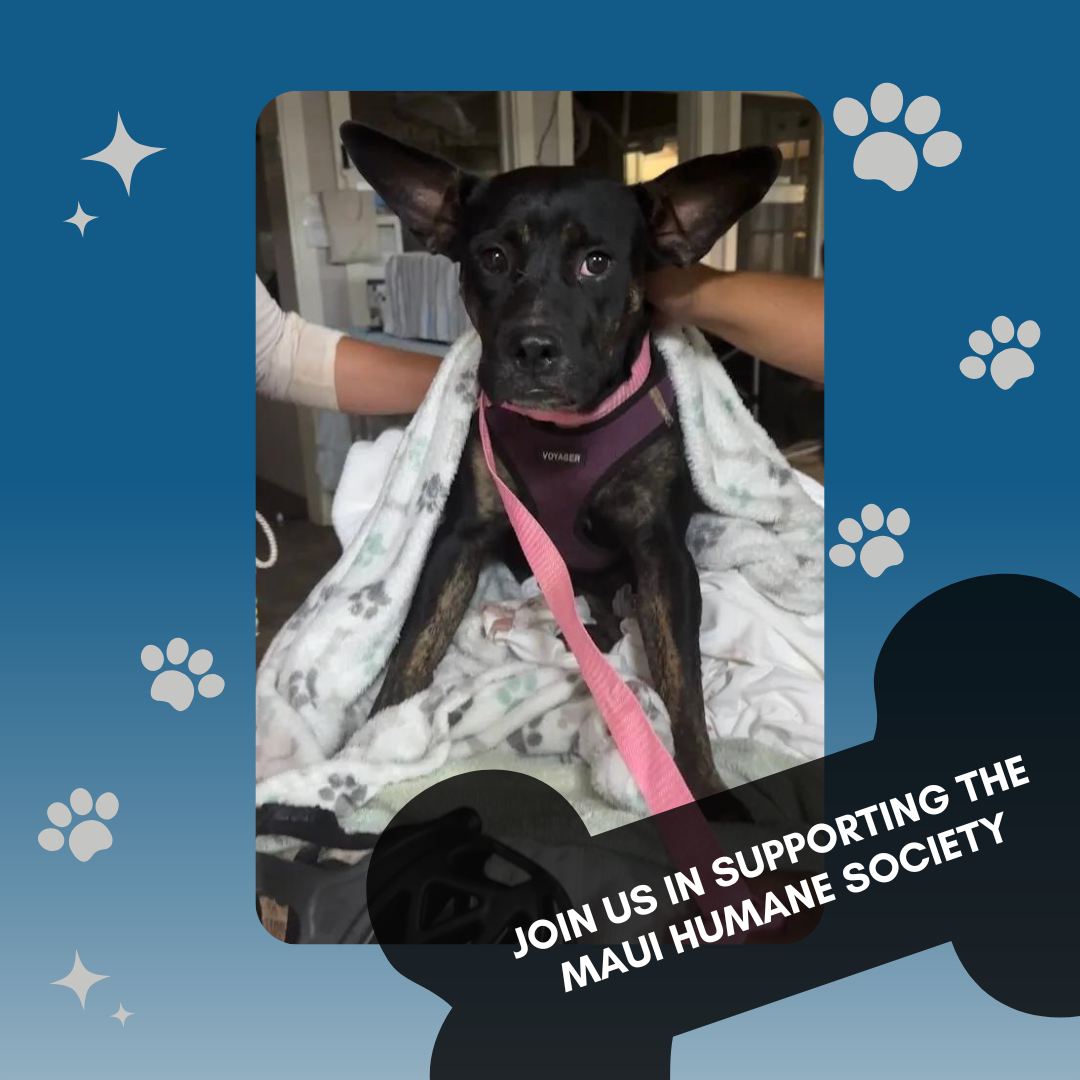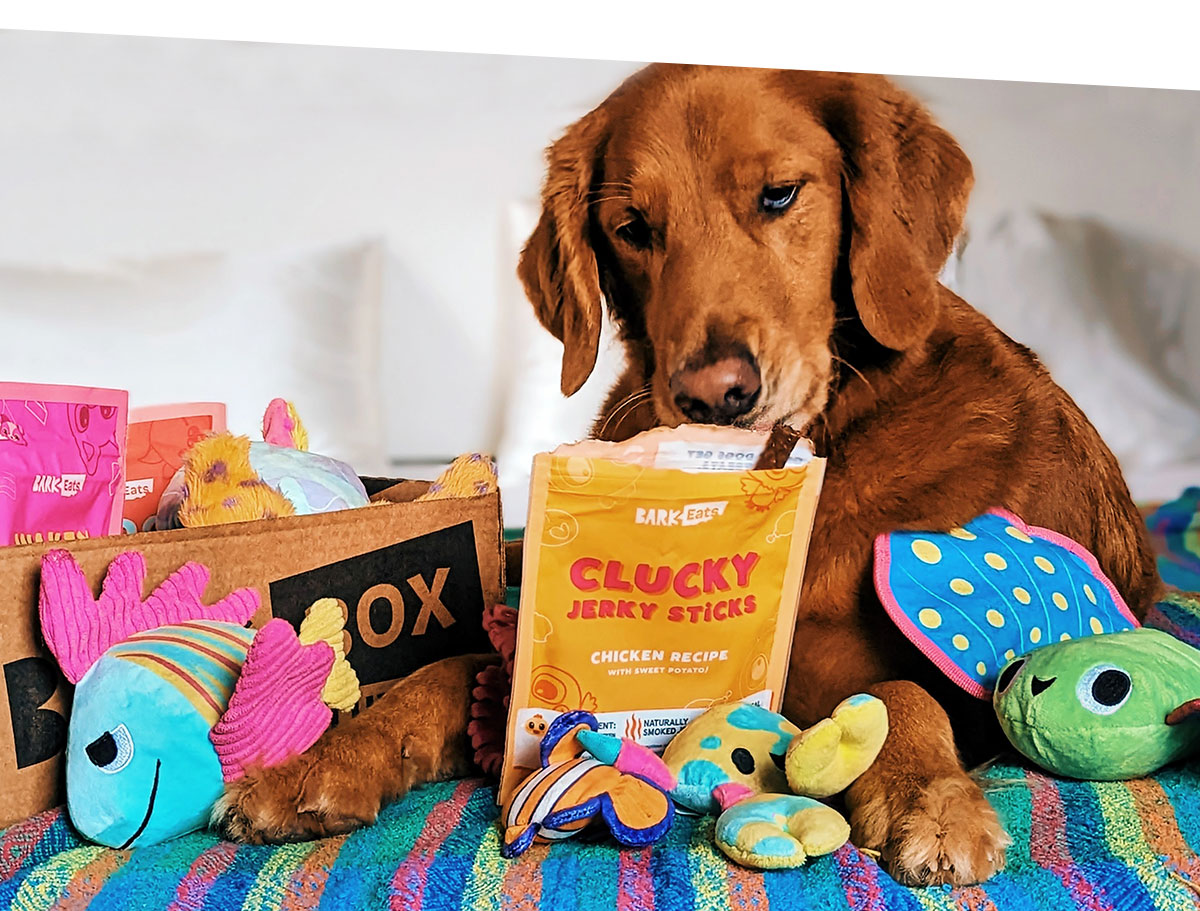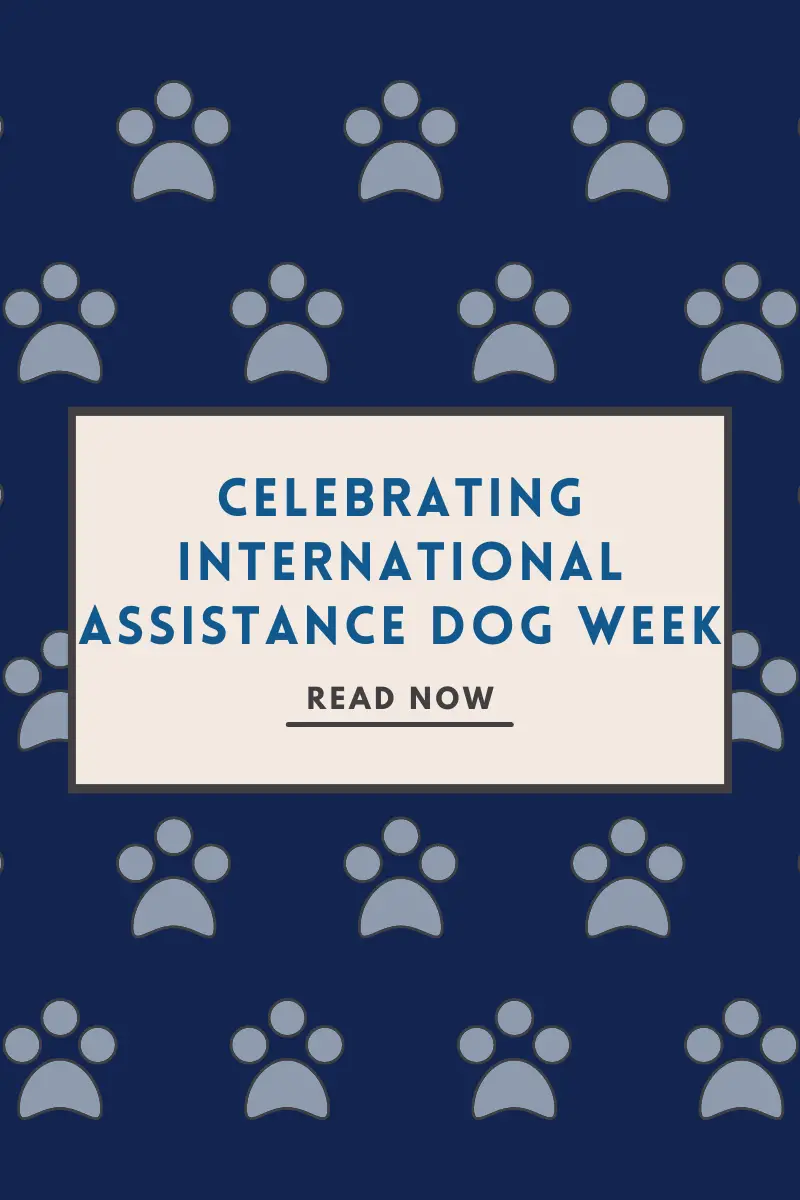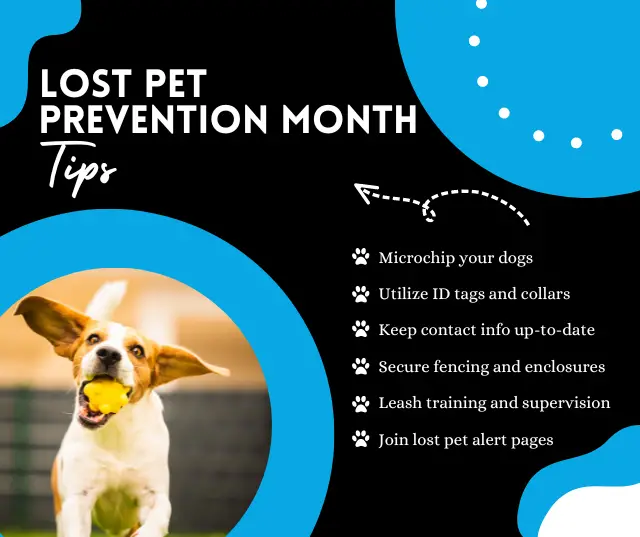Separation anxiety is a common problem in dogs, and it can be difficult to recognize the signs. Dogs with separation anxiety may display a variety of behaviors, including excessive barking or howling, destructive behavior such as chewing or scratching at furniture or walls, panting and drooling, pacing, trembling, and self-injury such as excessive paw licking or tail biting. It’s important to understand the causes of separation anxiety in order to help your dog cope with this condition.
The most common cause of separation anxiety in dogs is a lack of socialization. Dogs that are not properly socialized may become overly attached to their owners and become anxious when left alone. Other causes include changes in routine or environment, fear of loud noises such as thunderstorms, and even boredom.
It’s important to recognize the signs of separation anxiety early on so you can take steps to help your dog cope with it. If you notice any of the behaviors mentioned above, it’s best to consult your veterinarian for advice on how to best manage your dog’s condition. Your vet may recommend behavior modification techniques such as desensitizing your dog to being alone by gradually increasing the amount of time they spend away from you. In some cases, medication may also be prescribed if necessary.
In addition to seeking professional help from your veterinarian, there are other things you can do at home to help reduce your dog’s stress levels when they’re left alone. Providing plenty of mental stimulation throughout the day will help keep them occupied while you’re away, so try giving them interactive toys like Kongs filled with treats or puzzles that require them to use their problem-solving skills. You should also make sure they have access to plenty of fresh water and food during the day so they don’t get too hungry while waiting for you to come home.
Finally, it’s important not to punish your dog if they exhibit signs of separation anxiety; instead focus on rewarding good behavior when they’re calm and relaxed while you’re gone. This will help reinforce positive behaviors and create an environment where your pup feels safe and secure when left alone.
Recognizing signs of separation anxiety in dogs is essential for helping them cope with this condition effectively. By understanding the causes and taking steps at home as well as consulting with your veterinarian for advice on how best manage this condition, you can ensure that your pup stays happy and healthy even when left alone for extended periods of time.
